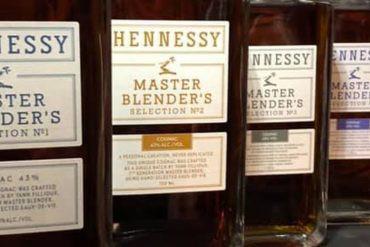What is the role of the Cellar Master? Whether head of the largest of houses or the smallest craft producer, this position is without doubt the most important one when it comes to making outstanding Cognac.
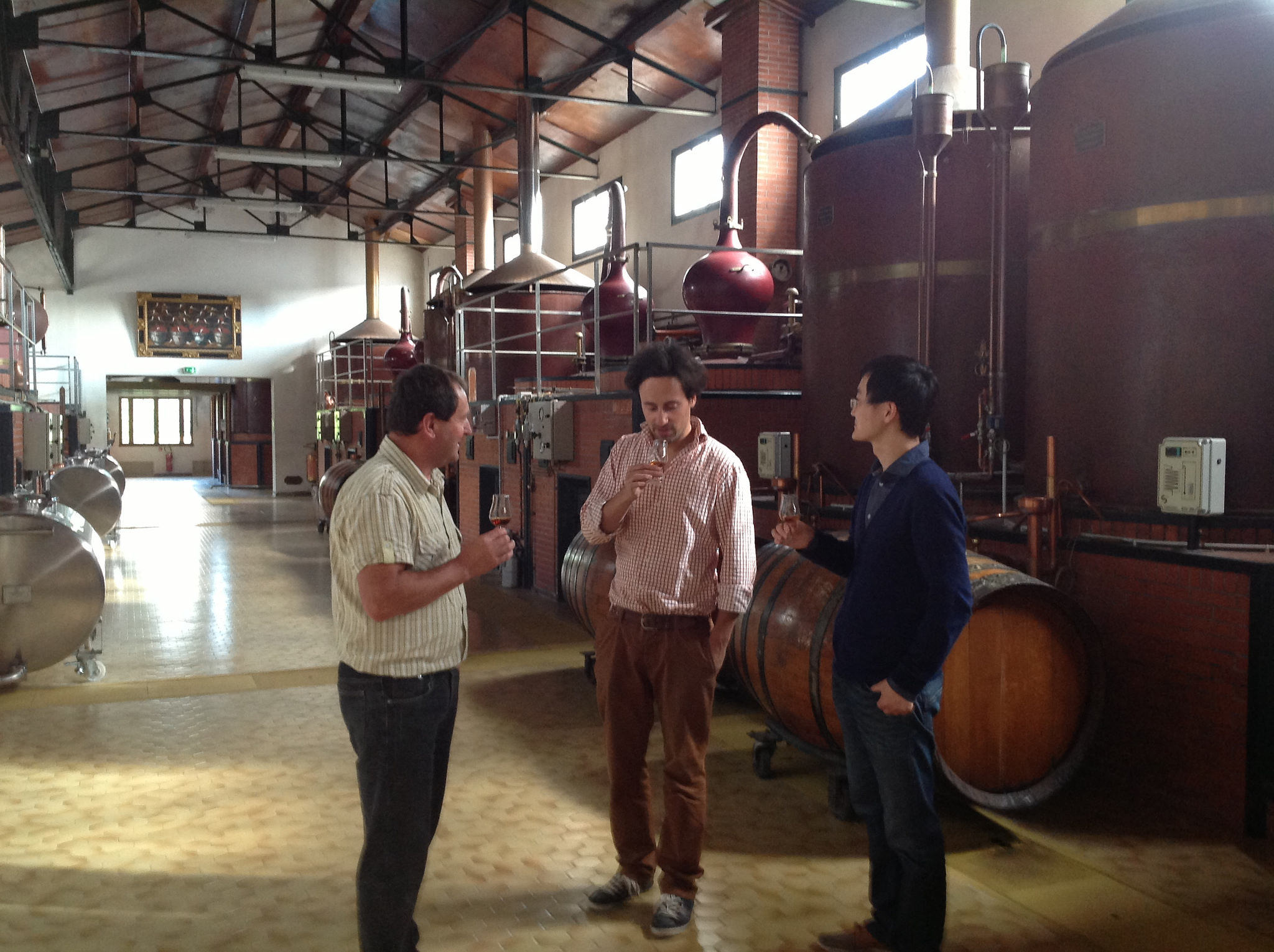
Let’s delve into this a little further, because this is not a role that you simply walk into. Indeed, it really is an art that takes years, or even decades, to perfect.
The key attributes
A cellar master lives by his senses. And by this we mean his sense of smell, and his sense of taste. In addition, he has a keen eye for the tiniest nuances in color and shade. But that’s not all. Because it’s one thing to have a heightened awareness of aromas and taste, but quite another to understand just how to combine them together to come up with a unique tasting Cognac.
Holding the reins at any Cognac house is a highly revered position. Such a person possesses a highly specialist range of skills. These include being an expert viticulturist (the science, production, and study of grapes), a winemaker, a blender, have a highly refined sense of smell and taste, and–perhaps this is the most important quality–have the uncanny ability to just know what combination of flavors and aromas will work within a blend. And it’s this latter quality that makes the cellar master hold an almost mystical quality; a potions master who just might use a bit of secret magic in his (or her) creations.

Naturally, the path to becoming a cellar master certainly isn’t an overnight process. Each of the attributes necessary aren’t stand-alone qualities. Indeed, each blends into the next with a seamless connection. And whether you’re the head of Hennessy or in charge of the smallest, artisan house, creativity is the over-riding factor that binds all of this knowledge together.
With that in mind, let’s take a closer look at the skills that the cellar master, or, to give it it’s French name, the Maître-de-Chai, must possess.
The Viticulturist
All Cognac starts life as grapes. And the quality of these grapes, and therefore the Cognac, depends on a single element: the health of the vine. The cellar master will be an expert on all things to do with the production of wine. This includes the quality and condition of the soil in which the vines grow, the health of the vines, a knowledge of diseases and how to prevent them, and of course, being aware of the very best time at which to harvest.

Such knowledge is very often handed down through the generations. Life in this tiny region of South West France remains one of tradition and family. This is especially true when it comes to the smaller Cognac producers, many of which have remained in the same family for centuries. It’s also common for cellar masters or would-be cellar masters take degree courses in viticulture, a specialized branch of horticulture.
The Winemaker
Being a winemaker literally means that you take the base product, grapes, and carry out the various operations that turn them into wine. And of course, in the case of Cognac, the art of turning the wine into brandy. This includes the further processes of double distillation, and aging within oak barrels.

Although Cognac is made from wine, the production process is quite different. We discuss these differences in more detail in our educational article, The Difference Between Wine and Cognac.
The Sensory Master
Now that we’ve mentioned the ‘A’ word (aging), we start to move into the more mysterious aspects of the skills of the cellar master. This aspect of Cognac creation can’t be rushed, altered, or tampered with. Once eau-de-vie enters its aging stage within the barrel, it’s all down to time and Limousin oak to work their wonders on the liquid within. And there’s no real ‘science’ behind when the eau-de-vie reaches its optimum. It’s all down to the skill of the cellar master and his experience to deem when the time is right that determines when an eau-de-vie will finally become a Cognac. For some, a few years letting nature take its course will bring the best tasting experience. Others can gently rest for a century or more before that hallowed moment when the cellar master deems it to be ready.
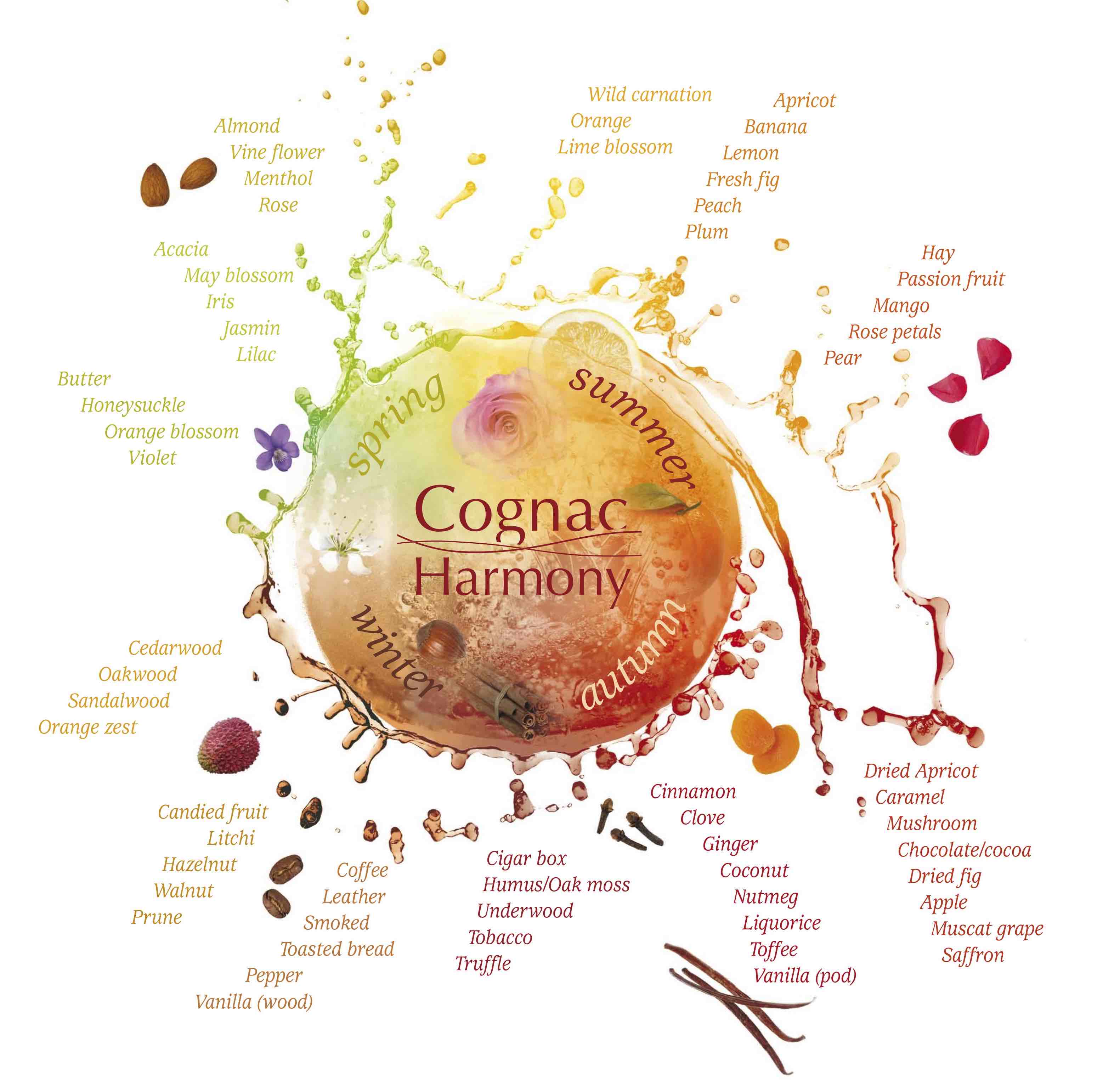
It’s down to the ability of the cellar master to know when the aromas and flavors have reached their peak. Because it’s certainly not true that the longer an eau-de-vie ages, the better it becomes. Some are perfect to be drunk at a VS quality (aged between 2 ½ to 4 years), others at VSOP (4 – 10 years), and others at XO (over 10 years).
Incidentally, the classification of an XO Cognac changed as of 01 April 2018. Previous to this an XO was classified as one having been aged for over 6 years. There is a bit of leeway allowed, so the full legislation doesn’t come in until 31 March 2019.
The ability to smell and taste eau-de-vie isn’t something that’s taken lightly. For instance, members of the elite Hennessy Tasting Committee are fastidious in their regime that ensures they give their all to the job. Each morning the six members follow exactly the same ritual. If they drink coffee beforehand, they do so at the same time. If they have breakfast, it will be virtually the same meal every day. Some don’t even clean their teeth! This means that each and every day their taste buds will be in an identical position to note flavors and send messages to the brain. Such rigidity certainly takes some dedication. But when you consider that an apprentice to the committee (there’s only 2 of these at a time) have to spend 10 years simply watching the masters at work, you begin to realize that this isn’t simply a job; it’s a true vocation.

Now, whilst some might not have quite such strict rules, the cellar master of a house, large or small, has to possess incredible sensory perception to be aware of the tiniest of flavors and aromas that each unique Cognac emits.
The Expert Blender
The art of blending can be described by an analogy to a huge orchestra. The conductor stands at the front, and literally blends all the different instruments and tones together. We, the audience, hear this as a beautiful harmony. But the conductor hears every single element that makes up the finished sound. The same occurs with Cognac. The cellar master takes each unique eau-de-vie and blends it with others to create the finished article. The end result is the Cognac we purchase–a delicious blend brought together by an expertise that takes years or decades to acquire.
The link between sensory abilities and the art of blending are so close that it’s virtually impossible to have one without the other. It also brings us beautifully to the last piece of genius that every great cellar master possesses. And that’s that little bit of wizardry…
The Magician
Sure, you can learn your art. And there’s never any substitute for experience and miles under your feet. But there’s one small factor about a great cellar master that simply can’t be explained. And that’s their ability to create pure magic in a bottle.
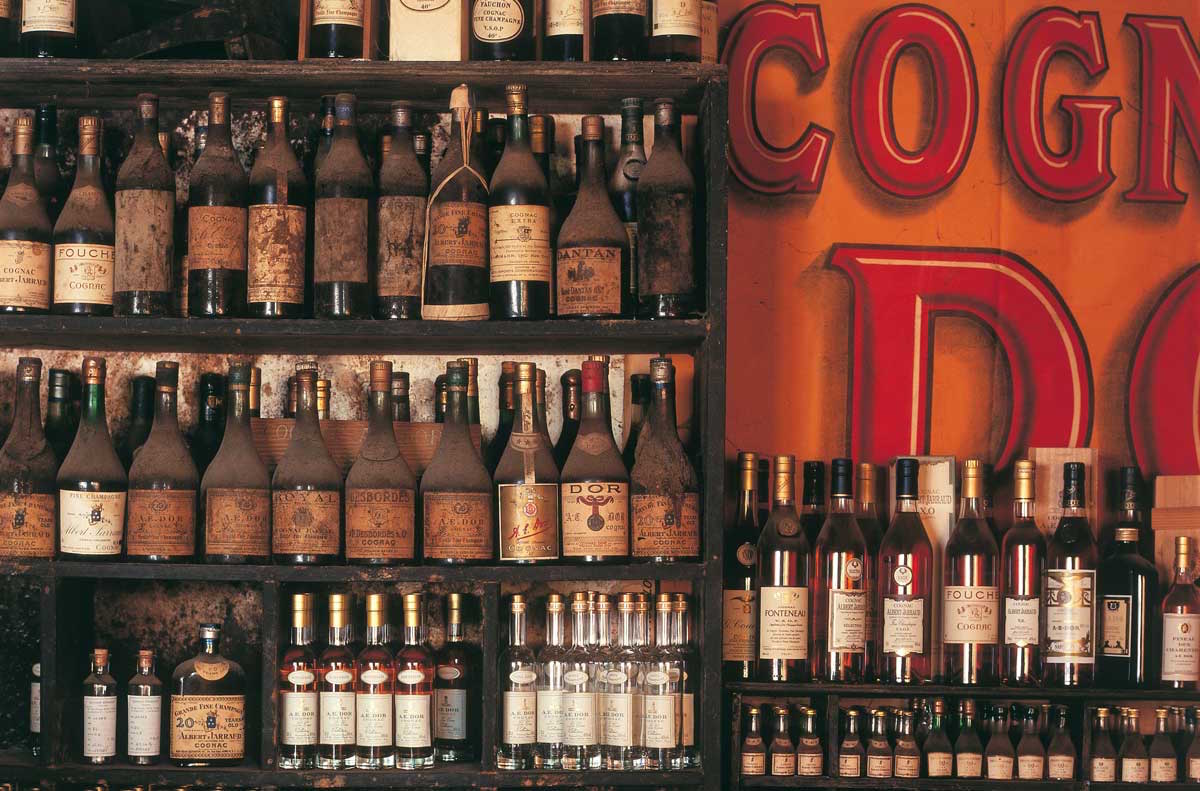
No matter how one might try, you simply can’t teach creativity and intuition. And what is this if not a touch of the mysterious? Take all of the above talents, throw in a handful of ‘magic dust’, and voila! A cellar master is born.
The Best of the Best
We could wax lyrical about many, many great cellar masters. One simply doesn’t get to hold such a position without being truly gifted. So apologies that we can’t fit you all on this list.
However, we’d like to end with a mention of some of the most iconic cellar masters–past and present. Some are worldwide names: Others carried out their great work in the smallest of craft houses. Some are gone, but certainly not forgotten. But they all have one thing in common. And that’s that their abilities are without question, and their work does that tiny bit to make the world a happier, more enjoyable place. Because that’s what Cognac provides–a little bit of joy and indulgence in our crazy, often too busy, 21st century world.
Christophe Valtaud
One of the oldest of all Cognac houses, Martell has, since 2016, boasted a young dynamic with the appointment of Christophe to the highest position. He was only 38 when he stepped into this momentous position, but make no mistake–this is a man who truly knows his art. With a doctorate in biochemistry, molecular biology, and plant physiology, as well as being born into a family of winegrowers, he probably had no option with his choice of career: Cognac is literally in his genes.
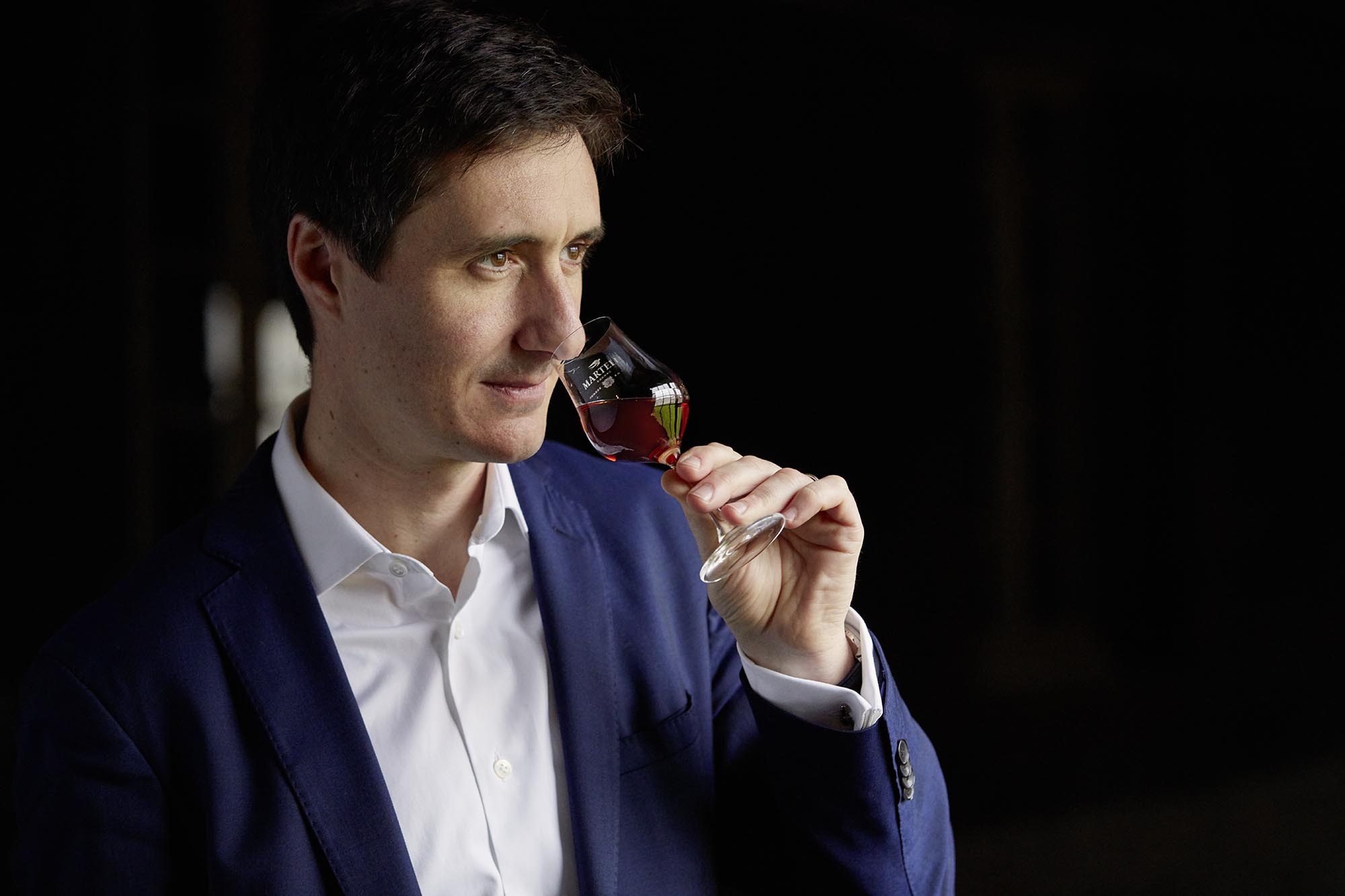
He’s also the creator of the Martell Metaphore, a unique one-off Cognac that’s a work of art whichever way you look at it. From the blend of four truly ancient eaux-de-vie, to the presentation case created by artisans at Les Grande Ateliers de France, it’s certainly not your run-of-the-mill bottle of Cognac. Discover more about Valtaud’s masterpiece here.
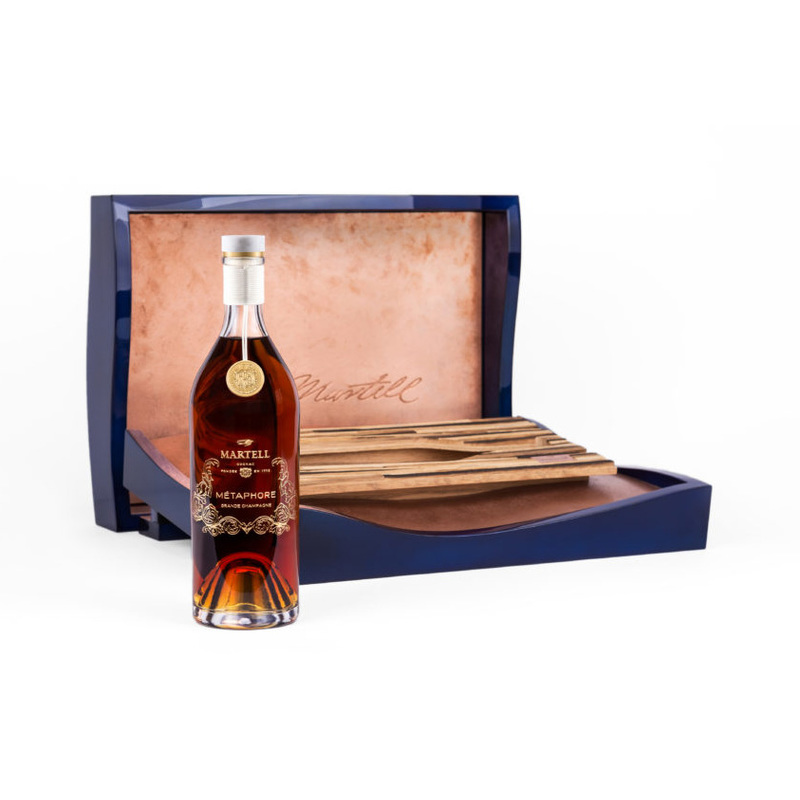
Delve into the delights of Martell.
Eric Forget
The head of the house of Hine, Eric continues in the tradition of the house to bring us the delights of Early Landed Cognacs and old vintages. He’s also been responsible for introducing biological farming techniques, as well as ensuring that the name of Hine Cognac has become recognized and enjoyed on each and every continent.
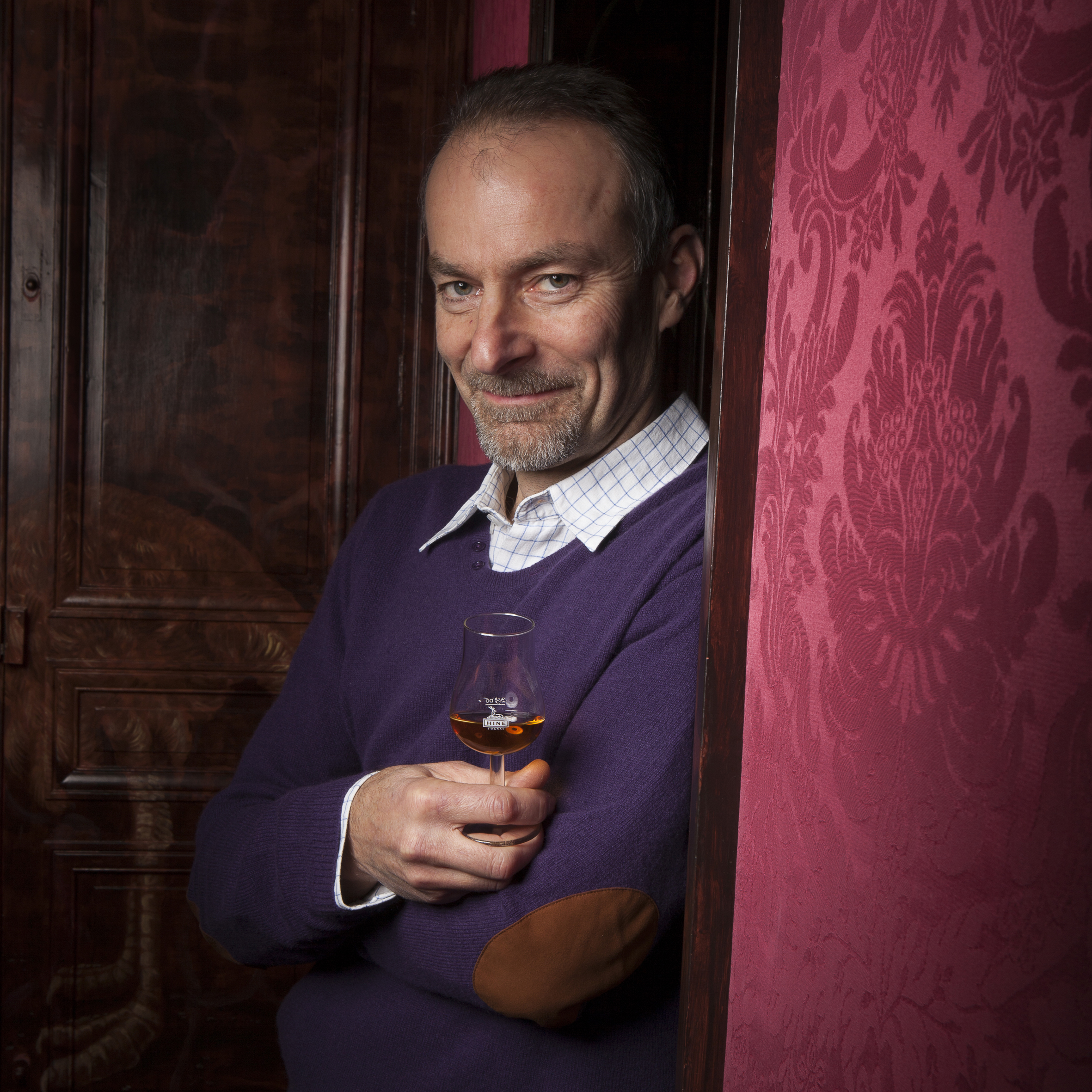
Discover the Cognacs of Hine.
Baptiste Loiseau
Remy Martin’s youngest ever cellar master continues in the house’s tradition of appointing a person to this position who really does break the mold. His predecessor, Pierrette Trichet, was the first female cellar master. And at a mere 33 years of age when he stepped into her shoes, he’s certainly one of the youngest in the region to hold such a position.
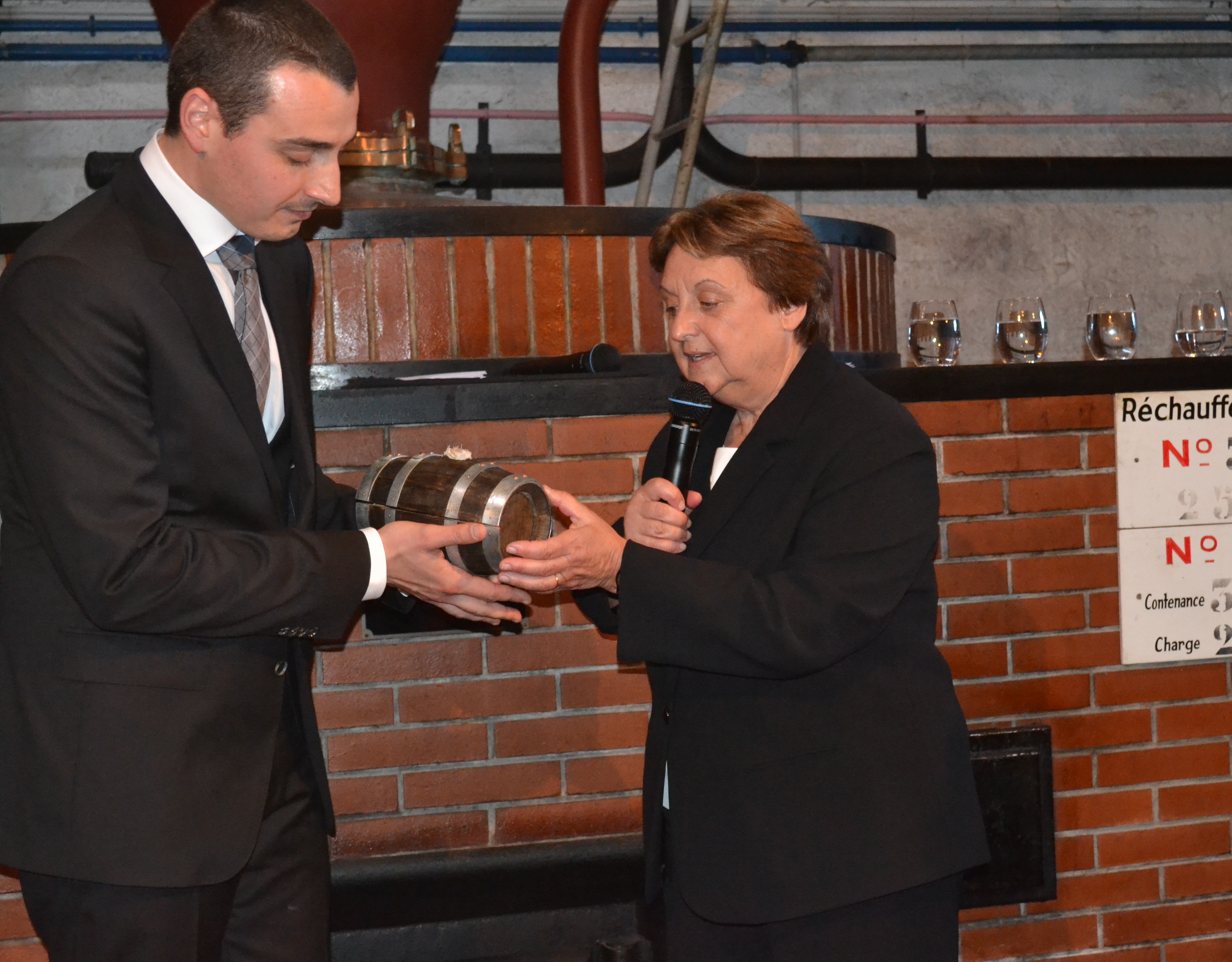
Explore the great Cognacs on offer from Remy Martin.
Olivier Paultes
Former cellar master of Frapin, Paultes now holds what many in the Cognac community might consider the industries dream job: he’s a member of Hennessy’s tasting committee. His precise job title is ‘Direction des distilleries et de la communication du savoir-faire eaux-de-vie’, or simply, Distillery Director. This means that he can concentrate on the key activities of the house, overseeing the distillation process, as well as concentrating on all that makes Hennessy unique within the global market.

Read more in the Cognac Expert interview with Olivier Paultes.
Find out more about the world famous brand of Hennessy.
Patrice Piveteau
The head of the house of Frapin, Patrice is passionate about all things eco-friendly. Such farming methods are key in all he oversees with the tending of Frapin’s 240 hectares of Grande Champagne vineyards. One of his first ideas was to leave nature-friendly grass strips between every second row of vines. This encourages insects that protect the vines from others that might be more pre-disposed to cause harm to the plants.
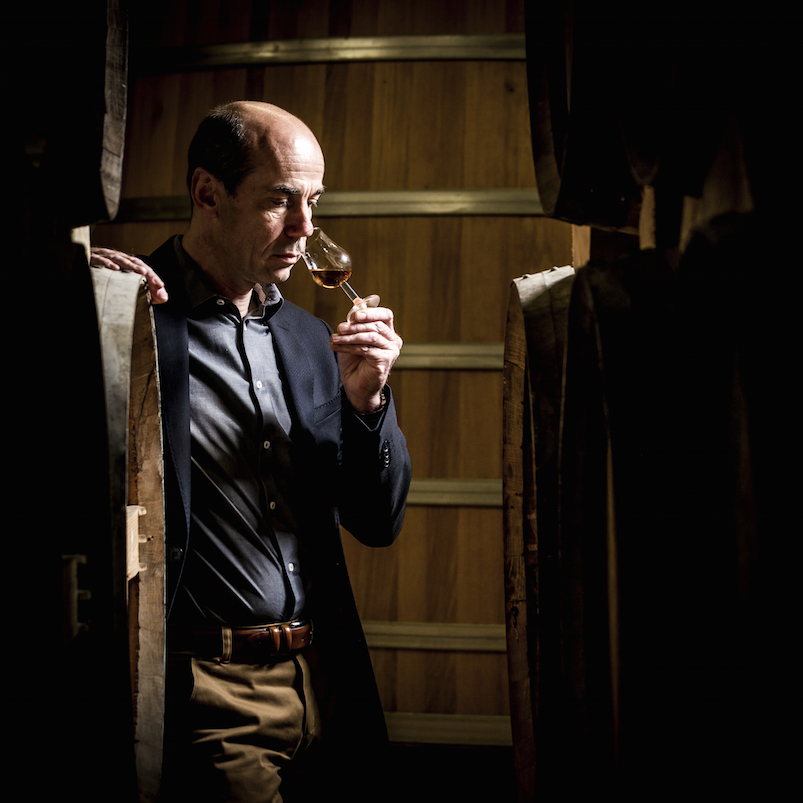
Read more about Cognac Expert’s visit to the house of Frapin.
Check out the great Cognacs of Frapin.
Patrice Pinet
You certainly don’t get to hold the key position at Courvoisier without being a true master of your craft. He’s been with the house since 1989, and rose through the ranks before being appointed as Master Blender in 2009.
Explore the world of Courvoisier
Anne Sarteaux
Anne is still a rarity in the world of Cognac, being a woman in what is still a male dominated industry. She’s held the position since 2007, and has been key in the journey of the house that is as famous for its powerful feline emblem as it is for its deliciously unique range of eaux-de-vie. Read more about Anne and other women in our article, Influential Women of Cognac: Who are they?
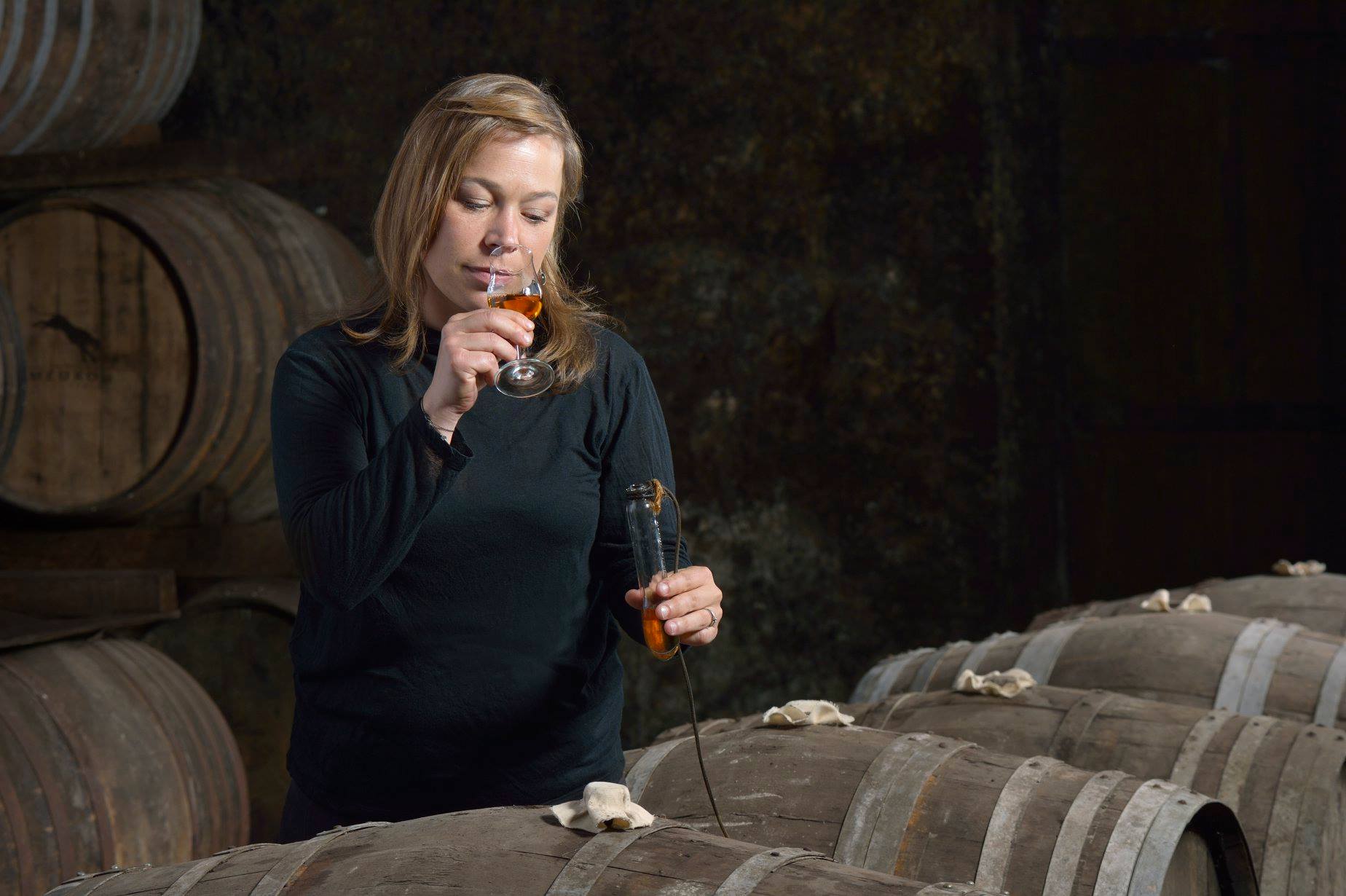
Discover more about the pouncing panther Cognacs of Meukow.








